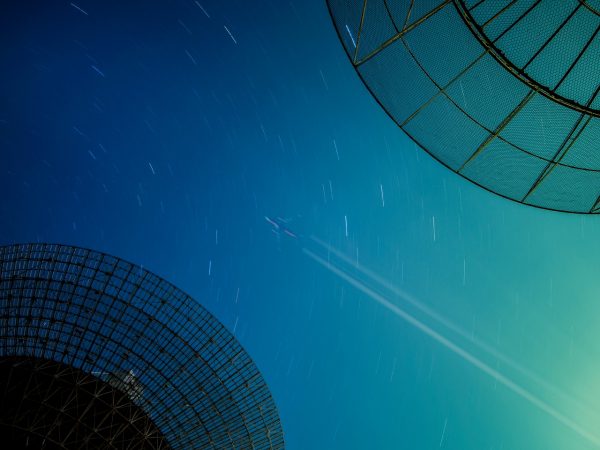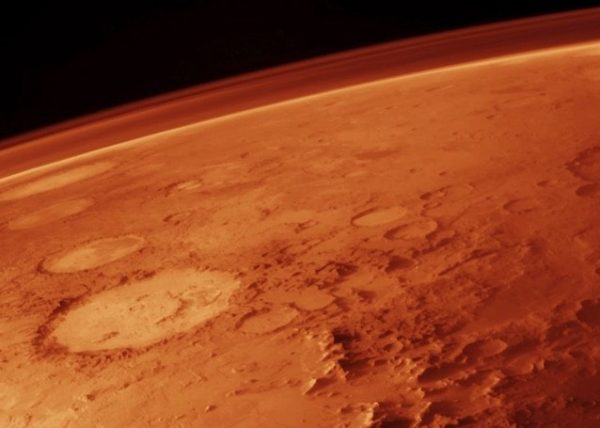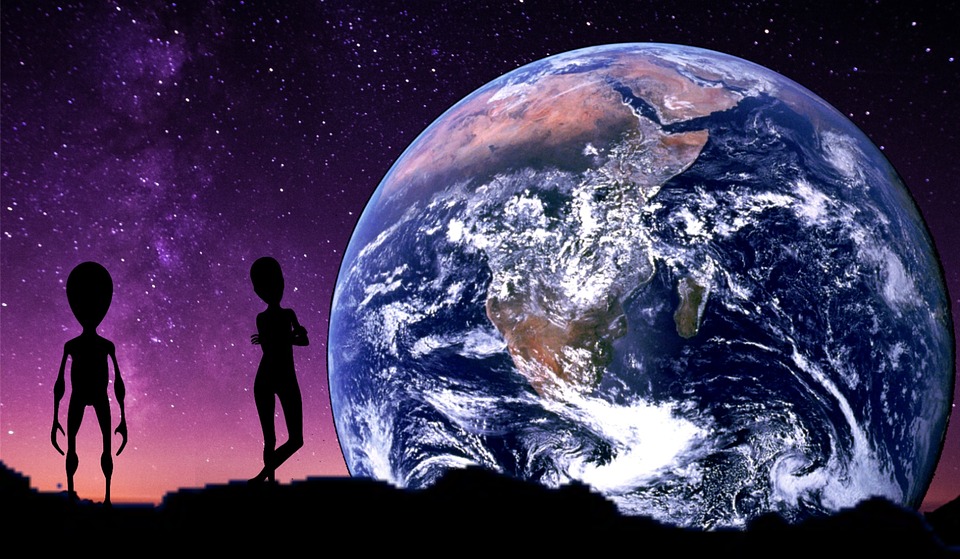SPACE: Fast Radio Bursts Could Be Signs of Alien Life. Or Not.
Earth is being bombarded with invisible light that nobody understands. Known as fast radio bursts (or FRBs), these ultrashort, ultrapowerful pulses of ancient energy are the universe’s brightest flashes you cannot see. They travel billions of light-years across time and space, shine with the intensity of nearly 100 suns and then blip out of existence mere milliseconds after reaching the range of Earthly telescopes. Because they are radio waves, they do all of this while remaining totally invisible to human eyes. Could these mystery pulses be the distant flashes of supermassive supernovas? The wild spin of the universe’s speediest neutron … Read more











